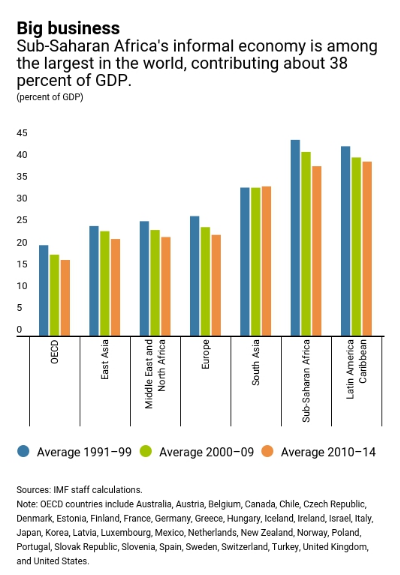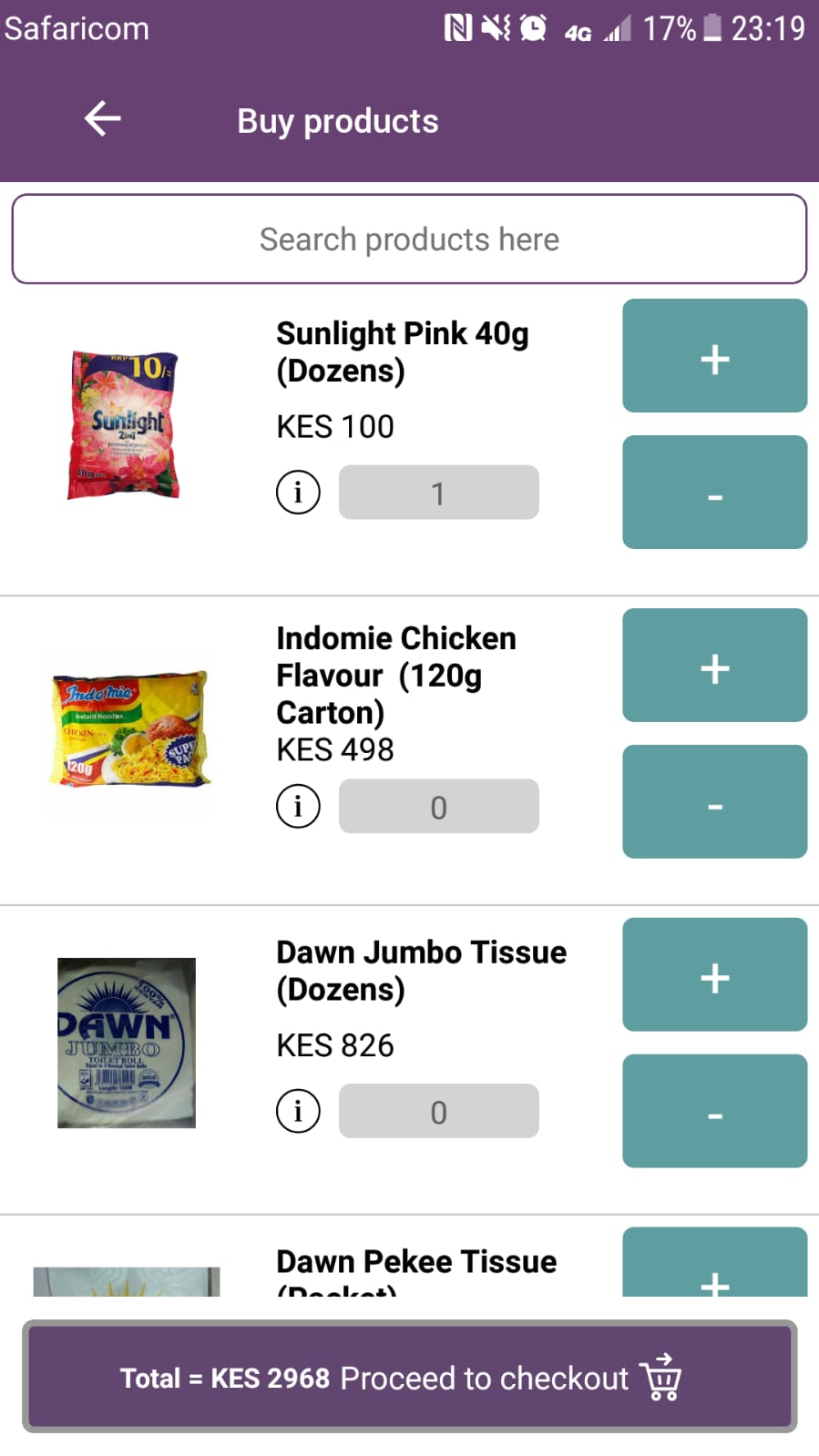Kenya based Sokowatch aims to shake up the supply chain market for Africa’s informal retailers.
The B2B e-commerce company closed a $2 million seed investment led by 4DX Ventures. Others to join the round were Village Global, Lynett Capital, Golden Palm Investments, and Outlierz Ventures.
Sokowatch’s platform connects Africa’s informal retail stores directly to local and multinational suppliers—such as Unilever and Proctor and Gamble—by digitizing orders, delivery, and payments with the aim of reducing costs and increasing profit margins.
The term disrupt is used less frequently in African tech since startups are often entering new business spaces where there’s little to actually disrupt.
That’s not the case with Sokowatch, which sees price and productivity benefits to revamping existing supply chain structures for Africa’s informal retailers.
“With both manufacturers and the small shops, we’re becoming the connective layer between them, where previously you had multiple layers of middle-men from distributors, sub-distributors, to wholesalers,” Sokowatch founder and CEO Daniel Yu told TechCrunch.
“The cost of sourcing goods right now…we estimate we’re cutting that cost by about 20 percent [for] these shopkeepers,” he said

Quantifying the size and potential of Africa’s informal markets has captured the attention of economists and startups. GDP revisions in several African countries have revealed outdated statistical methods were missing billions of dollars in economic activity. And one estimate by The International Labor Organization places up to two-thirds of Sub-Saharan Africa’s non-agricultural employment in the informal economy.
On the number of small shops on the continent, Yu noted a lack of reliable numbers but cited a 2016 KPMG study pegging fast moving consumer goods spending in Nigeria alone at $41 billion annually. A portion of those goods move through the continent’s vast network of roadside markets, shops, and stands.

“There are millions of informal stores across Africa’s cities selling hundreds of billions worth of consumer goods every year,” said Yu.
These stores can use Sokowatch’s app on mobile phones to buy wares directly from large suppliers, arrange for transport, and make payments online. “Ordering on SMS or Android gets you free delivery of products to your store, on average, in about two hours,” said Yu.
Sokowatch generates revenues by earning “a margin on the goods that we’re selling to shopkeepers,” said Yu. On the supplier side, they also benefit from “aggregating demand…and getting bulk deals on the products that we distribute.”
The startup has delivered 100,000 orders to customers for “a few thousands shops,” according to Yu and company data.
The company recently launched a line of credit product to extend working capital loans to platform clients. With the $2 million round, Sokowatch—which currently operates in Kenya and Tanzania—plans to “expand to new markets in East Africa, as well as pilot additional value add services to the shops,” said Yu.
Peter Orth, Co-Founder and Managing Partner at lead investor 4DX Ventures, will join Sokowatch’s board of directors.
Yu also noted the possible big data benefits to informal African retail from Sokowatch. “If you are …selling into this market you have no clue who ultimately ends up with your product, even two layers down. That’s a big challenge,” he said.
“With us, not only do we know who’s buying the product, we know when they are buying the product, what they’re buying it in conjunction with, and the pricing.”
0 coment�rios:
Post a Comment